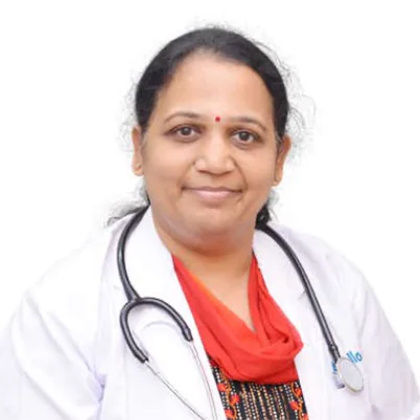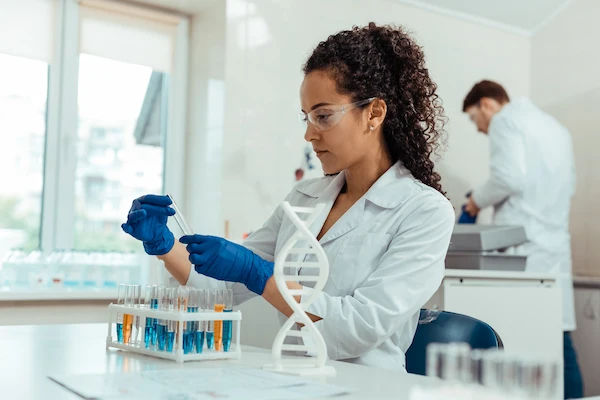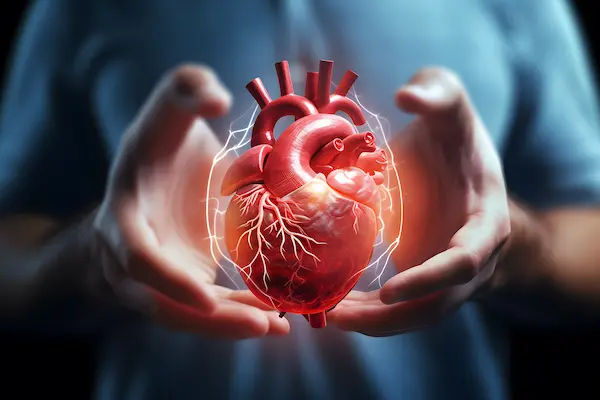Understanding Antimicrobial Resistance
Learn what antimicrobial resistance (AMR) is, how it develops, its impact on health, and the urgent need for prevention strategies to protect against drug-resistant infections.

Written by Dr. Rohinipriyanka Pondugula
Reviewed by Dr. Md Yusuf Shareef MBBS
Last updated on 13th Jan, 2026

Introduction
Antimicrobial resistance (AMR) is a growing health concern that affects everyone. If you’ve ever taken antibiotics for an infection, you’ve directly interacted with antimicrobials. But what happens when these life-saving medicines stop working? That’s what AMR is all about.
In this article, we’ll break down what AMR means, why it happens, how it impacts health, and what you can do to help prevent it.
What Is Antimicrobial Resistance (AMR)?
Antimicrobial resistance occurs when bacteria, viruses, fungi, or parasites change over time and no longer respond to medicines designed to kill them. This makes infections harder to treat and increases the risk of severe illness or even death.
Common Antimicrobials Include:
- Antibiotics (for bacterial infections like pneumonia or UTIs)
- Antivirals (for viruses like flu or HIV)
- Antifungals (for fungal infections like athlete’s foot)
- Antiparasitics (for parasites like malaria)
When these medicines stop working, even minor infections can become dangerous.
Why Does AMR Happen?
AMR is a natural process, but human actions speed it up. Here’s how:
1. Overuse of Antibiotics
- Taking antibiotics when they’re not needed (like for viral infections such as colds or flu).
- Using broad-spectrum antibiotics instead of targeted ones.
2. Incomplete Treatment
Stopping antibiotics early because you "feel better" allows surviving bacteria to become resistant.
3. Misuse in Agriculture
Antibiotics given to livestock to promote growth can enter the food chain, contributing to resistance.
4. Poor Infection Control
Hospitals and clinics can spread resistant germs if hygiene practices are weak.
Consult an Infectious Disease Specialist for the best advice
How Does AMR Affect Health?
When medicines stop working:
- Infections last longer and become harder to treat.
- Hospital stays increase, raising healthcare costs.
- Surgeries and treatments (like chemotherapy) become riskier because infections can’t be controlled.
- Common illnesses (like urinary tract infections or tuberculosis) may become deadly.
- The World Health Organization (WHO) calls AMR one of the top global health threats.
How Can You Help Prevent AMR?
You can play a vital role in preventing antimicrobial resistance by adopting responsible practices that limit the spread of drug-resistant infections.
1. Use Antibiotics Wisely
- Only take antibiotics when prescribed – Never self-medicate.
- Finish the full course – Even if you feel better, stopping early can leave resistant bacteria behind.
- Don’t demand antibiotics for viral infections – Colds, flu, and most sore throats don’t need them.
2. Practice Good Hygiene
- Wash hands regularly – Prevents infections in the first place.
- Get vaccinated – Vaccines reduce the need for antibiotics by preventing infections.
3. Eat Responsibly
Choose antibiotic-free meat – Look for labels like "raised without antibiotics."
4. Spread Awareness
Educate family and friends – The more people know, the better we can fight AMR together.
When Should You See a Doctor?
If you have an infection that isn’t improving or keeps coming back, consult a doctor. They can:
- Run tests to identify the right treatment.
- Prescribe the correct antimicrobial (if needed).
- Guide you on proper usage.
Final Thoughts
Antimicrobial resistance is a serious issue, but small changes in how we use medicines can make a big difference. By being mindful of antibiotic use, maintaining good hygiene, and spreading awareness, we can protect these life-saving drugs for future generations.
Consult an Infectious Disease Specialist for the best advice
Consult an Infectious Disease Specialist for the best advice

Dr. Johnson. S
General Practitioner
7 Years • MBBS MD(Preventive and social Medicine)
Pune
Apollo Clinic, Nigdi, Pune

Dr. Zulkarnain
General Physician
2 Years • MBBS, PGDM, FFM
Bengaluru
PRESTIGE SHANTHINIKETAN - SOCIETY CLINIC, Bengaluru

Dr Darshana R
General Physician/ Internal Medicine Specialist
15 Years • MBBS, MD, DNB (Internal Medicine), Diploma in Allergy, Asthma and Immunology , Fellowship in Diabetes
Bengaluru
Apollo Clinic, JP nagar, Bengaluru
(125+ Patients)

Dr. E Prabhakar Sastry
General Physician/ Internal Medicine Specialist
40 Years • MD(Internal Medicine)
Manikonda Jagir
Apollo Clinic, Manikonda, Manikonda Jagir
(150+ Patients)

Dr. Renu Saraogi
General Physician/ Internal Medicine Specialist
21 Years • MBBS, PGDFM
Bangalore
Apollo Clinic Bellandur, Bangalore
(250+ Patients)
Consult an Infectious Disease Specialist for the best advice

Dr. Johnson. S
General Practitioner
7 Years • MBBS MD(Preventive and social Medicine)
Pune
Apollo Clinic, Nigdi, Pune

Dr. Zulkarnain
General Physician
2 Years • MBBS, PGDM, FFM
Bengaluru
PRESTIGE SHANTHINIKETAN - SOCIETY CLINIC, Bengaluru

Dr Darshana R
General Physician/ Internal Medicine Specialist
15 Years • MBBS, MD, DNB (Internal Medicine), Diploma in Allergy, Asthma and Immunology , Fellowship in Diabetes
Bengaluru
Apollo Clinic, JP nagar, Bengaluru
(125+ Patients)

Dr. E Prabhakar Sastry
General Physician/ Internal Medicine Specialist
40 Years • MD(Internal Medicine)
Manikonda Jagir
Apollo Clinic, Manikonda, Manikonda Jagir
(150+ Patients)

Dr. Renu Saraogi
General Physician/ Internal Medicine Specialist
21 Years • MBBS, PGDFM
Bangalore
Apollo Clinic Bellandur, Bangalore
(250+ Patients)




